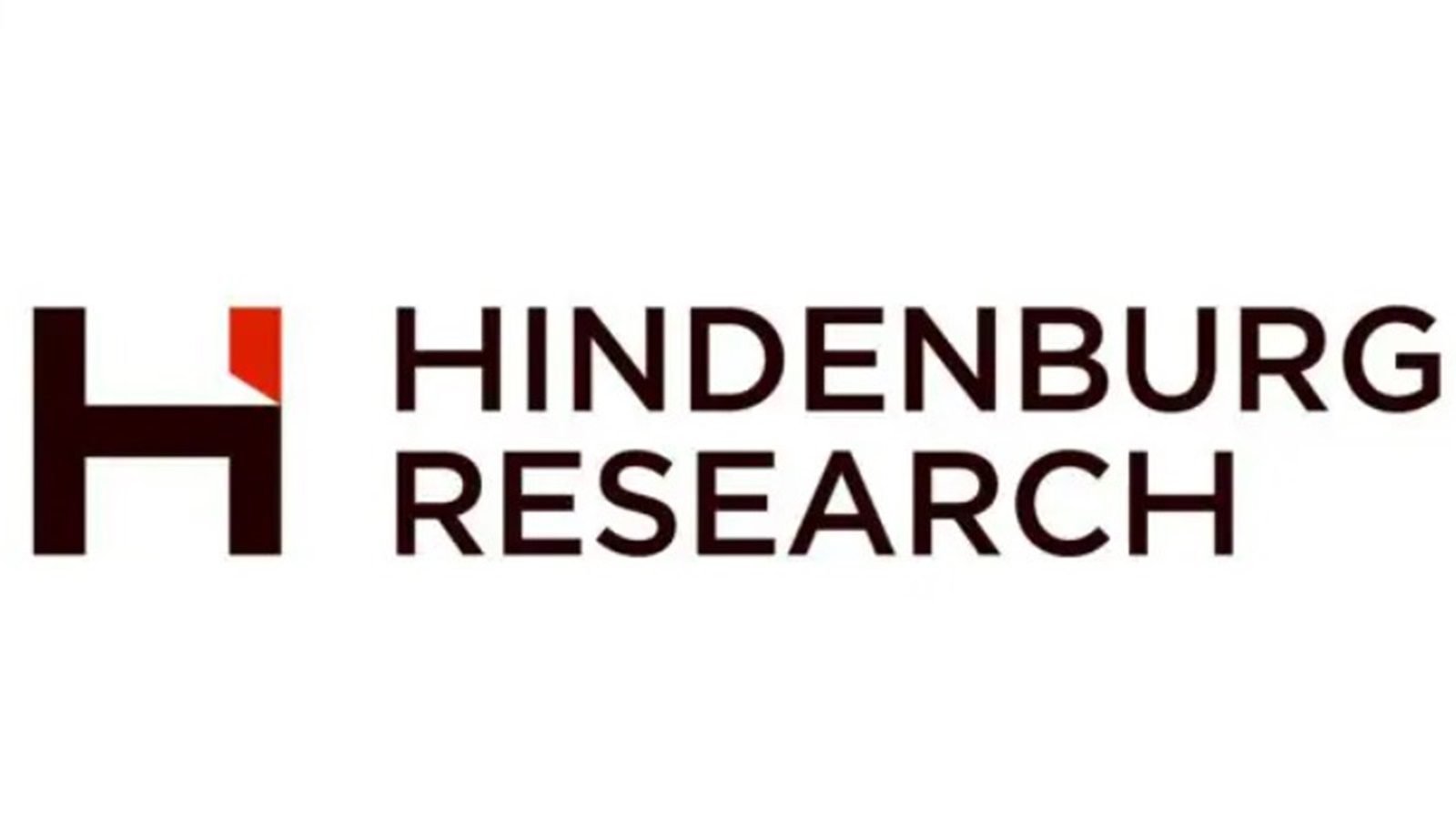August 11, 2024
New Delhi, India
BREAKING NEWS HINDENBURG-SEBI
In a dramatic new development, Hindenburg Research has accused SEBI Chairperson Madhabi Puri Buch and her husband, Dhaval Buch, of holding undisclosed stakes in offshore entities connected to the Adani Group’s alleged financial misconduct. This revelation comes nearly a year and a half after Hindenburg’s initial allegations that billionaire Gautam Adani was orchestrating what they termed the “largest con in corporate history.”
Hindenburg’s report, published on their website, asserts, “The current SEBI Chairperson and her husband, Dhaval Buch, had hidden stakes in the exact same obscure offshore Bermuda and Mauritius funds, found in the same complex nested structure, used by Vinod Adani.” This accusation points directly to Vinod Adani, Gautam Adani’s elder brother, who is alleged to have used these offshore structures to funnel money into Indian markets, sourced from the over-invoicing of power equipment to the Adani Group.
Offshore Investments and SEBI’s Leniency
The report details that Madhabi Puri Buch and her husband had opened an account with the IPE Plus Fund 1 on June 5th, 2015, in Singapore. This Mauritius-based offshore fund was reportedly established by an Adani director through India Infoline, a firm registered in the tax haven of Mauritius. Hindenburg elaborates on the connections, stating, “Beyond being used as an alleged funnel for Vinod Adani’s money, the tiny fund had other close ties to Adani. The Founder and Chief Investment Officer (CIO) of the IPE Plus Fund was Anil Ahuja. At the same time, Ahuja was a director of Adani Enterprises, where he served three terms spanning nine years, ending in June 2017.”
The report further suggests that the continued operation of the Adani Group without significant regulatory intervention could be attributed to the relationship between Adani and SEBI Chairperson Madhabi Buch. “What we hadn’t realized: the current SEBI Chairperson and her husband, Dhaval Buch, had hidden stakes in the exact same obscure offshore Bermuda and Mauritius funds, found in the same complex nested structure, used by Vinod Adani,” Hindenburg claims.
The US-based short-seller also cast doubt on SEBI’s willingness to pursue meaningful action against questionable offshore shareholders of the Adani Group, suggesting that Buch’s own financial involvement with these entities might be a reason for SEBI’s reluctance. “If SEBI really wanted to find the offshore fund holders, perhaps the SEBI chairperson could have started by looking in the mirror. We find it unsurprising that SEBI was reluctant to follow a trail that may have led to its own chairperson,” Hindenburg remarked.
Hindenburg’s investigation uncovered that SEBI Chairperson Madhabi Puri Buch holds a 99% stake in a consulting business named Agora Advisory, where her husband, Dhaval Buch, serves as a director. The Ministry of Corporate Affairs records, cited by Hindenburg, reveal that in 2022, Agora Advisory reported $261,000 in consulting revenue, which is 4.4 times Buch’s disclosed salary at SEBI.
The report notes that the Singaporean entity linked to Agora Advisory is exempt from disclosing financial statements, making it unclear how much revenue is derived from its consulting business and from whom. Hindenburg summarized the situation, stating, “In brief, despite the existence of thousands of mainstream, reputable onshore Indian mutual fund products, an industry she now is responsible for regulating, documents show SEBI Chairperson Madhabi Buch and her husband had stakes in a multi-layered offshore fund structure with minuscule assets, traversing known high-risk jurisdictions, overseen by a company with reported ties to the Wirecard scandal, in the same entity run by an Adani director and significantly used by Vinod Adani in the alleged Adani cash siphoning scandal.”
Hindenburg also highlighted Buch’s role in promoting Real Estate Investment Trusts (REITs) in India. They alleged that her enthusiasm for REITs, described by her as “my favorite products for the future” during industry conferences, might be influenced by her husband’s advisory role at Blackstone, a private equity firm that stands to benefit significantly from the asset class. The report pointed out that during Dhaval Buch’s tenure as a senior advisor to Blackstone, SEBI approved several regulatory changes that favored REITs, including seven consultation papers, three consolidated updates, and two new regulatory frameworks.
Hindenburg’s Call for Accountability
The explosive report concludes with a sharp critique of SEBI’s ability to act as an impartial regulator in the Adani case, given the chairperson’s alleged financial ties to the entities under investigation. Hindenburg has pledged to donate the proceeds from this report to causes that support free expression, reinforcing their commitment to transparency and accountability in financial markets.
As this controversy unfolds, the implications for SEBI and the broader financial regulatory environment in India are profound, raising questions about the integrity and independence of the nation’s market oversight.
Disclaimer:
CurrencyVeda provides this news article for informational purposes only. We do not offer investment advice or recommendations. Before making any investment decisions, please conduct thorough research, consult with financial experts, and carefully consider your financial situation, risk tolerance, and investment goals. Investing in the stock market carries risks, and it’s essential to make informed choices based on your individual circumstances. CurrencyVeda is not liable for any actions taken based on the information provided in this article




